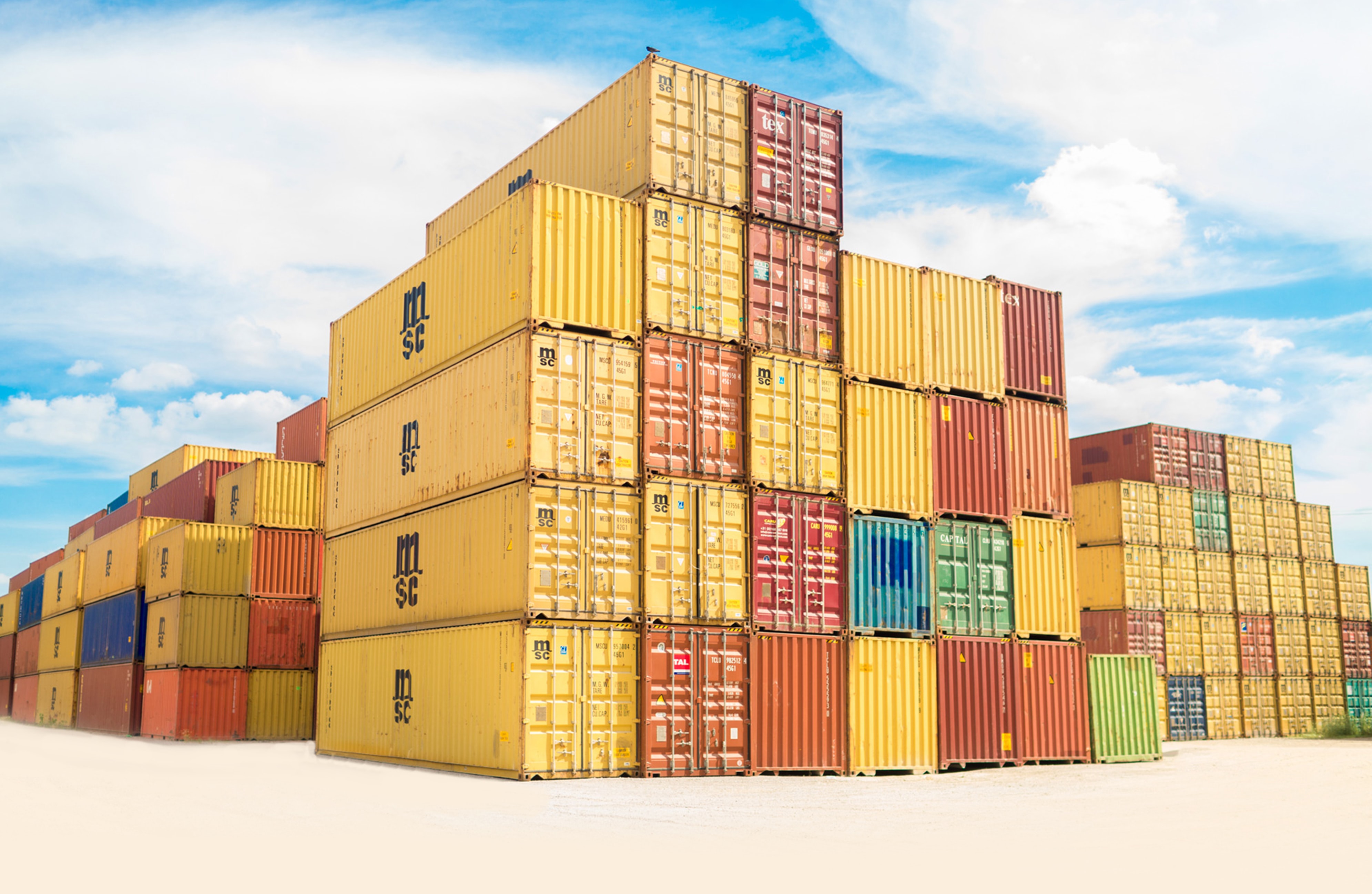€6,500 billion. It is the amount of assets managed by sometimes secretive investment funds in Luxembourg, the small European state of less than 614,000 citizens, making it the second largest host of investment funds in the world, just after the United States. A big part of those funds are offshore companies with no beneficial owners concretely identified, although required by EU and Luxembourg anti-money laundering frameworks. The OpenLux Investigations, based on an analysis of 3.3 million publicly available corporate records that were released on Monday by the French newspaper Le Monde in collaboration with 16 media partners such as OCCRP, lift the veil on the true identity of some owners of those questionable funds, most of them being “black boxes” located at only 40 addresses. Transparency International found out that among the identified 16,777 investment funds active in Luxembourg, 81% did not declare any beneficial owners.
So, what does the OpenLux investigations reveal?
The investigation claims that politicians, artists, CEOs of big multinational groups, royal families, and also notorious Russian and Italian mafia members, are enjoying or have enjoyed the convenience of the Grand Duchy’s attractive tax policies and its financial opacity. This is not very surprising, as Luxembourg is regularly ranked among top countries for tax evasion, money-laundering risks or financial secrecy. According to Transparency International in its investigation, all of those notable high-net worth individuals take advantage of the “two main loopholes in Luxembourg’s – and the EU’s – current corporate transparency framework: inadequate definition of who qualifies as a beneficial owner and lack of verification mechanisms to ensure the quality and accuracy of the data in the registry.”
The investigations note the lack of workforce to efficiently ensure the veracity and the exactitude of the information provided by the different investment funds. Le Monde asserts that the Luxembourg Business Register allocates only 59 controllers to check-up the data given by thousands of companies. Just as the FinCEN Files claimed, the investigations suggest that the lack of tools and resources within control bodies to double check the suspicious activities is indirectly enabling corruption, money laundering and other financial crimes.
Once again, after the LuxLeaks in 2014, the Grand Duchy is shaken by a scandal revealing the loopholes of the country’s - and, to a certain extent, EU’s - AML framework. As the COVID-19 pandemic continues to exacerbate the economic pressure on EU states, the OpenLux revelations highlight the imperativeness of reforms needed to assist cash-strapped countries struggling to find the capitals necessary to fund the recovery plans, since the accommodating tax practices promoted by countries like Luxembourg (tax evasion, tax abuse) are costing its neighbors billions. This reasserts the need for further action, such as consideration by the European Commission to consider a harmonized definition of tax crimes in Member States’ national law, a measure that is missing from the 6AMLD.
While reforms are happening on a global scale, last week’s newsletter highlighted how much we have to do to make meaningful progress around transparency and ultimately, fighting financial crime. A core part of that effort must, as the OpenLux Investigations highlight, also come with adequate resources at both an institutional and jurisdictional level

When it comes to red flags for money laundering, knowing what warning signs to look out for is critical. Criminals have developed sophisticated ways...

One might imagine the surprise a Customs Official has when viewing an invoice for toilet paper imported from China at $4,121 per kilo. Even during...

Unsurprisingly, “terrorism related events” are being reported and covered from every corner of the world given recent events unfolding in the Middle...
